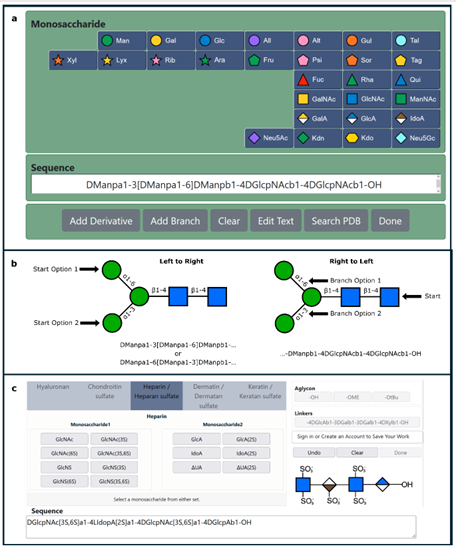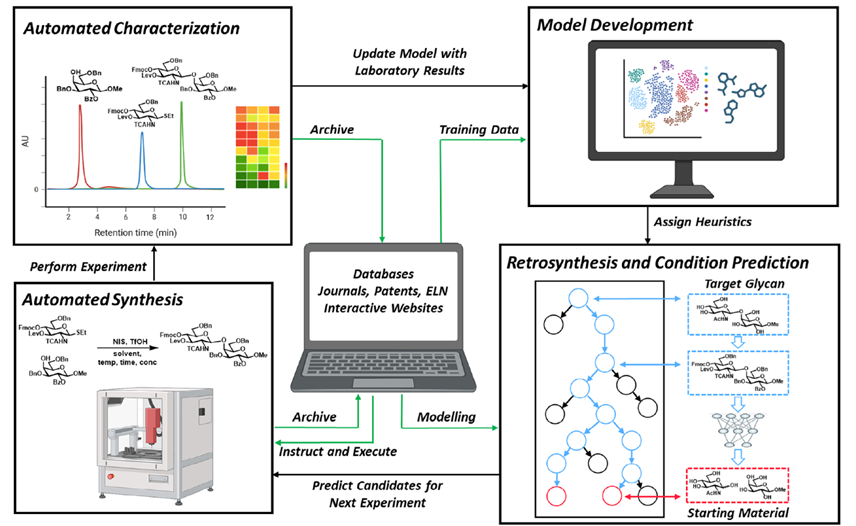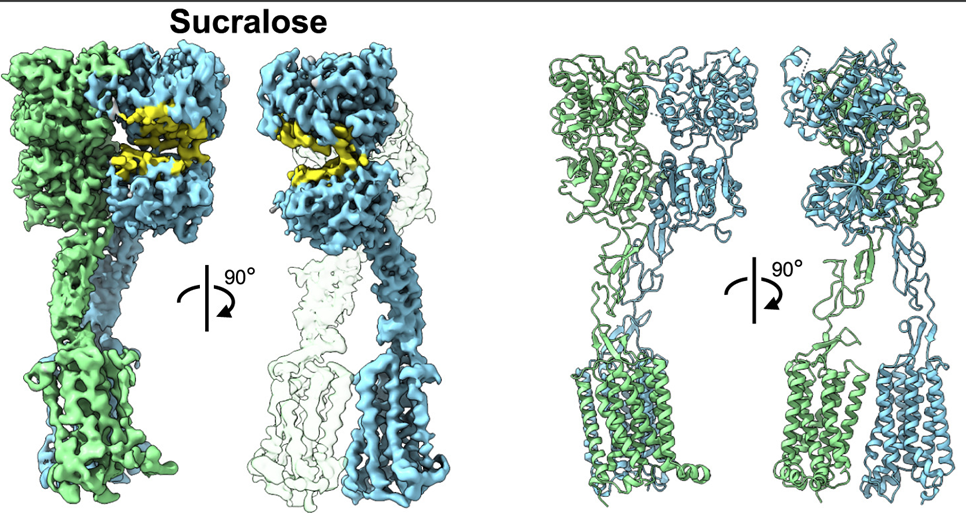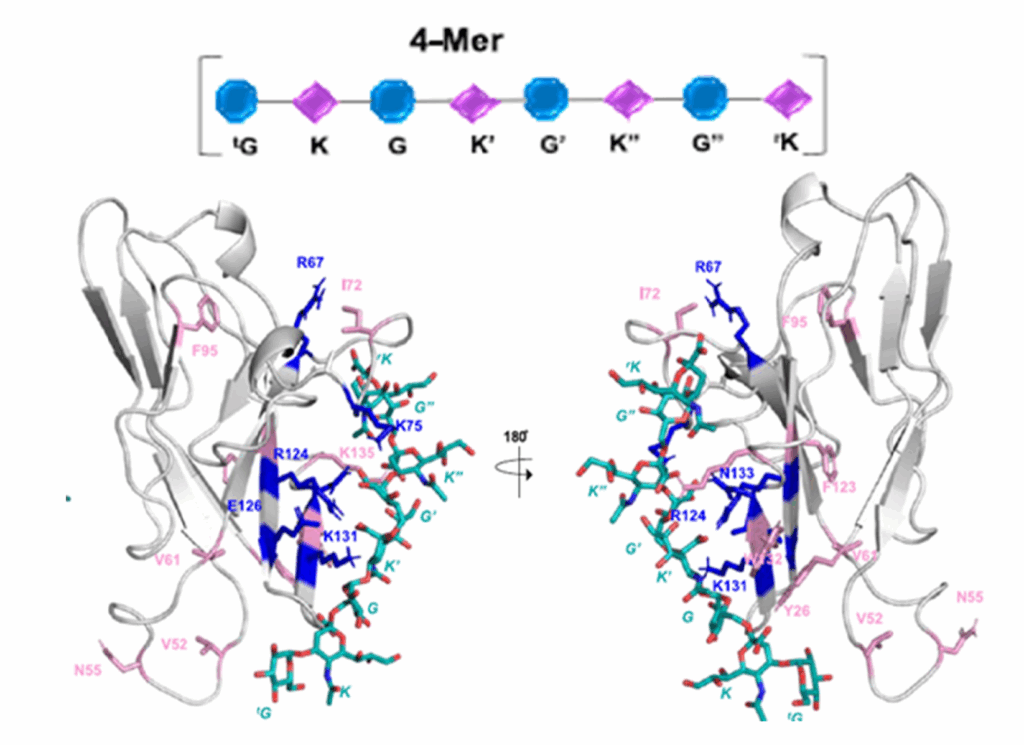The complexity and diversity of biomacromolecules make them a unique class of building blocks for generating precise assemblies. They are mainly available to a new generation of biomaterials integrated with living systems due to their intrinsic properties, such as accurate recognition, self-organization, and adaptability. Therefore, many excellent approaches have been developed, leading to a variety of reasonably practical outcomes.
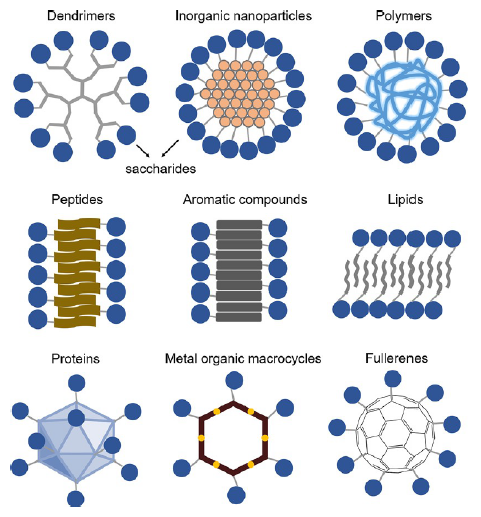
The authors review recent advances in the fabrication and application of artificially precise assemblies by employing proteins and carbohydrates as building blocks, followed by our perspectives on some of the new challenges, goals, and opportunities for future research directions in this field. For the authors, superior bio-macromolecular self-assemblies for future biomaterials would require precision and the integration of bioactive intelligence and complexity within a unified system.

